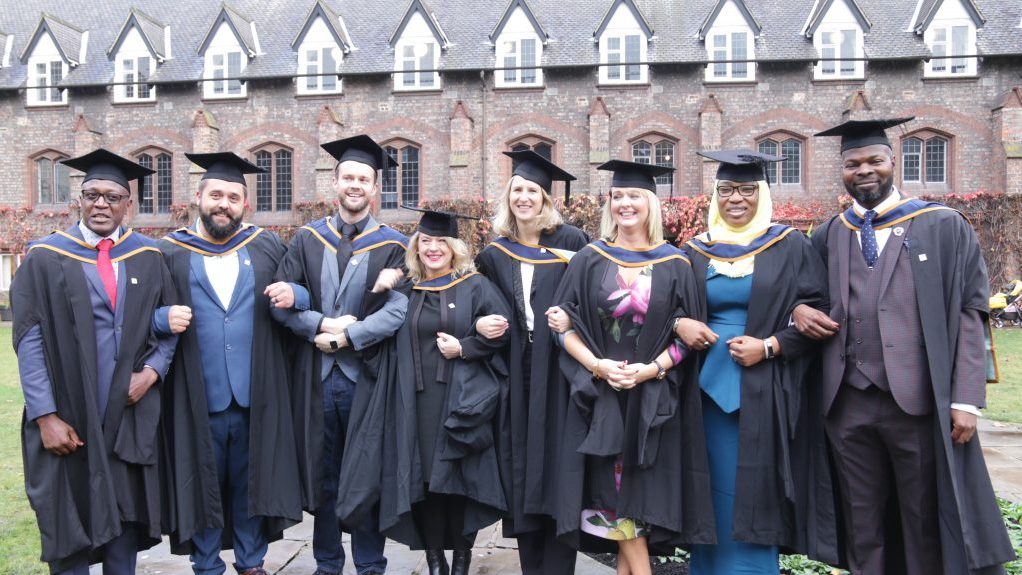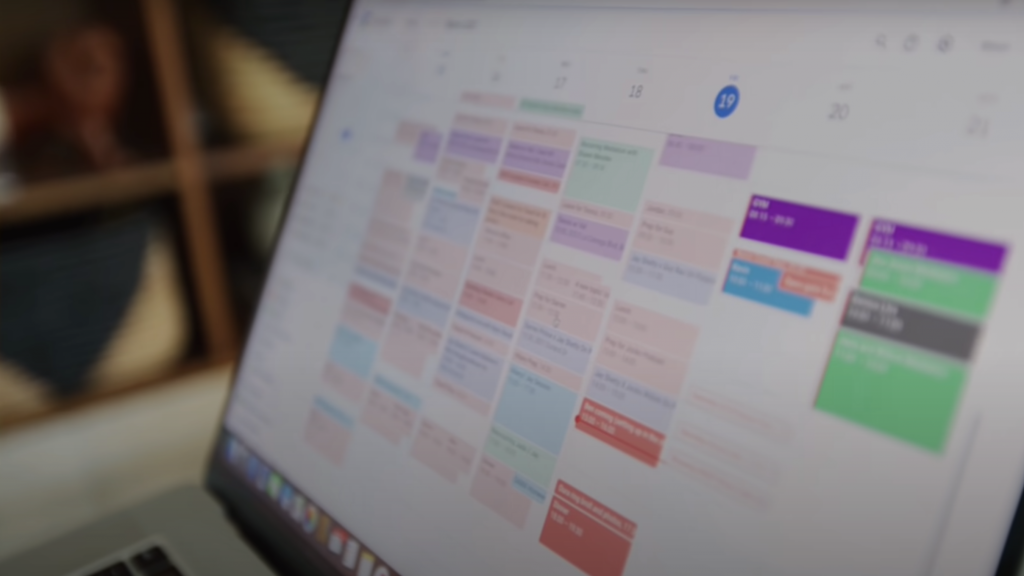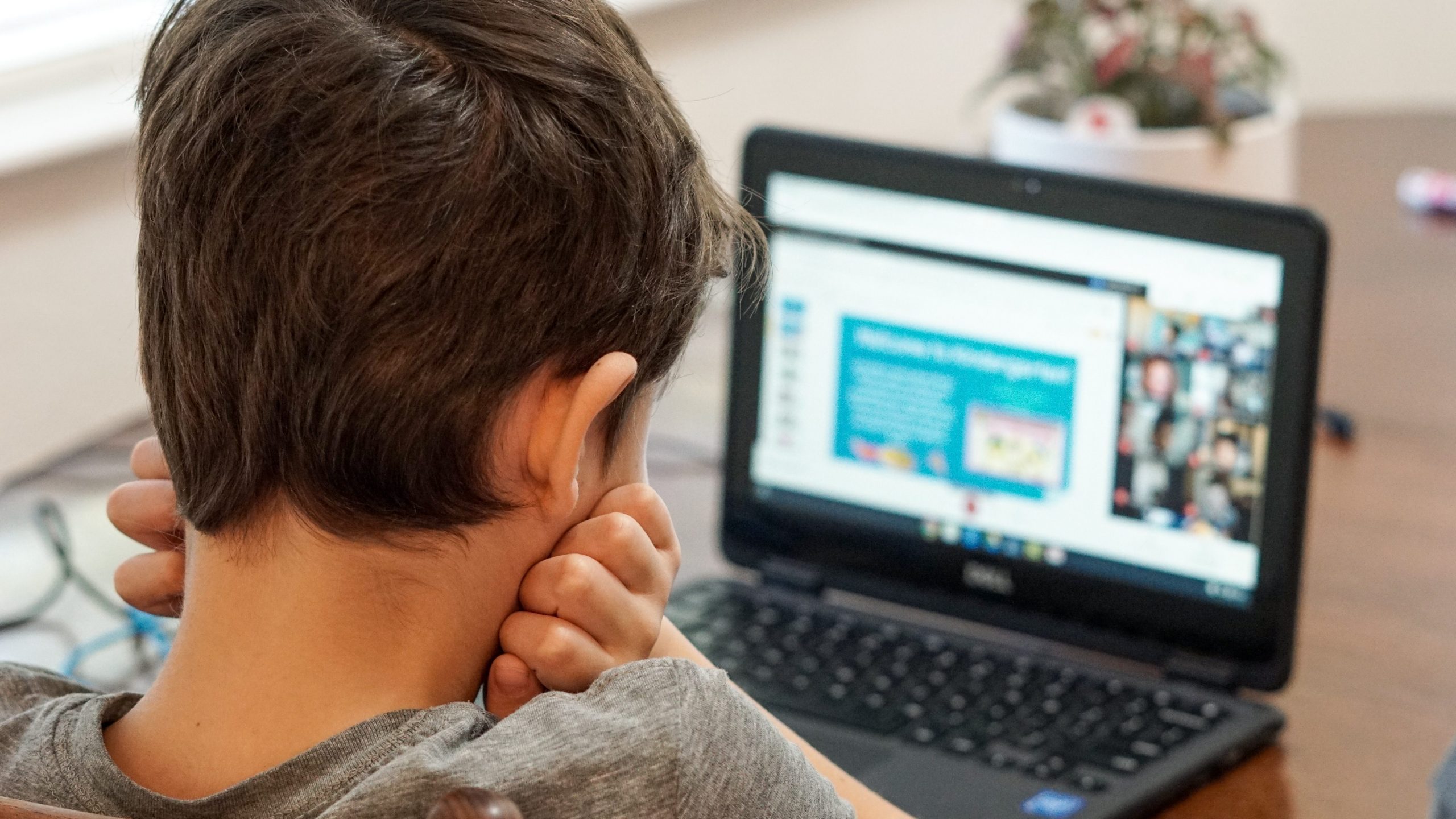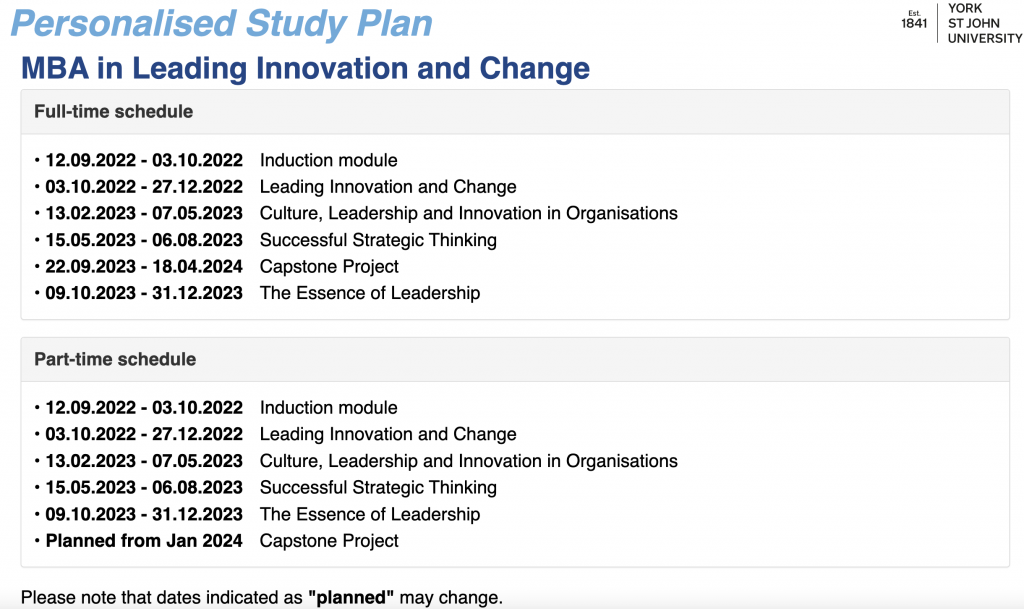Continuing with our popular blog series that answers some of the questions we at Robert Kennedy College (RKC) get asked frequently by students looking to join one of our online programmes, we asked some of our past and current students to share their thoughts and opinions, to give their feedback on how they handled the challenges of online learning. Hopefully, this will help you to make an informed decision.
Let’s learn from those who came before and see if what worked for them will help you become a better student!
An Introduction

Who are you, really?
My name is Naomi Osei-Asemani. Professionally I work as an educationist. I am a CEO of an international school in Ghana, West Africa (Peculiar International School). I have 140 staff working under me. Personally, I love kids and anything that has to do with them, especially their upbringing and education. My school has 1,400 students ranging from ages 1-19. I am very passionate about this job; thus, I sacrifice all my life and finances for it. I also love taking care of the youth and directing them, so they don’t derail from their missions in life. I, therefore, have about five (5) students I am taking care of/sponsoring at various universities in my country Ghana. I have also given scholarships to more than twenty (20) children to attend school (basic school), some of whom I feed as well. I also like taking care of old people, and in that area, I have four elderly people (two are 85 years old) I feed and ensure their safety.
Getting back into education

Your story of getting back to do a Master’s degree
What was the driving force behind your enrolling for an online degree? Who inspired you? What motivated you?
In the first place, it has been my desire for a long time to become a PhD holder one day in my life. Secondly, the industry I am in is challenging; the mode of delivering education worldwide keeps changing, and therefore, I needed and still need to upgrade myself to meet global challenges. Finally, my school runs the Cambridge IGCSE and A Level, and there is, therefore, the need to recruit staff with high qualifications and those qualified to deliver the curriculum. I, therefore, need to highly educate myself so that I don’t fall short of the knowledge and skill required to direct the affairs of the staff. Self-motivation is a global challenge that comes with human resources.
What were the thoughts/situations/people/challenges holding you back from starting (if any)? How did you overcome them?
Family issues. How will I manage schooling with my tasking job? HOW DID I OVERCOME IT? I resorted to doing all my studies at night when all the family members and my staff had retired to their beds. I did this continuously for two years.
What surprised you the most when you started your studies?
I realized that I could work and attain a master’s degree using only the night to study. I thought I could do that because I worked so hard during the day and cared for my family after work. But I could pull through even though it was a bit tough.
Do you feel there are unique challenges women face when deciding to get back into education?
Yes, women face issues with their husbands, childcare and the fact that society generally doesn’t expect higher education from women. My friends think a bachelor’s degree should be enough since I own a business. To the society around me: “what else are you looking for in life”? Also, challenges with workplace issues, especially when women are working for other employers. The challenges are lack of funds to sponsor oneself to school, tight work schedules, and traffic to get back home.
Getting the degree

The work to get the degree – what did you learn, how did you balance, what would you do differently
Which programme did you do? Why?
I did MA in Leading Innovation and Change (MALIC) – This programme has been discontinued, and has reincarnated as a 100% online MBA programme in Leading Innovation and Change. I chose this course because,
- I needed to learn more about leadership because I needed to become a better leader than I was.
- I was attracted to the innovation part because of the changing trends in education delivery and changes in technology.
- Climate change is happening all around us.
I thought this course would help me acquire the requisite knowledge to combat these issues.
What is the single most important thing you learned during the programme?
One most important thing I learnt is that, culture is like an iceberg; what we see happening in the organization is just the tip of the iceberg. The bigger part of organizational culture is very much embedded in the attitudes and behaviours of people, and changing the culture is not as easy as we think.
Michael Watkins sees Culture as a form of protection that has evolved from situational pressures. With this, we know that culture evolves, so as the people grow in the organization, the culture also grows with them. I have therefore been deliberate with the kind of culture my organization is building because I have become aware of how difficult it is to change the culture we build.
How did you balance work and studies?
I work during the day and study during the night.
Any particular challenges to being a woman and studying online, or do you think all students face the same ones?
The challenge of having to balance my responsibilities as a wife, a mother, a career woman, a CEO and a philanthropist (well, I think some other women also go through the same). Also, I did not have any physical classmates to even talk to when I faced any challenge: this aspect was very challenging.
Life post degree
What changed, if anything?
What’s new in your life since graduating / starting your studies? Any visible impact already?
Having finished my studies, I have acquired new knowledge, skills and abilities to change what is not working in my workplace. To bring new innovations and deliberately introduce organizational activities that I know can become deeply embedded in our culture.
Anything you are doing differently now because of the things you learned?
I have introduced online studies for my students and parents, which has helped during the Covid-19 crisis. I have also been able to open another school which is totally different from the schools operating in the area, and even from the current one I am operating, it is an innovation. This school will open in three months’ time. It is a combination of the Montessori and Froebel systems of education. The packaging and delivery methods are different. I am also rolling out a new system where parents can call teachers to come to their homes to help their children.
Do you feel that getting a Master’s degree or doing other online programmes can reduce gender discrimination in the workplace?
Of course, yes. Having a Master’s degree has made me bolder and more knowledgeable. My appetite for research has also increased.
Advice for other women

Or other students, really.
Imagine you could send a message back in time to your pre-degree self: what would it be?
Eiiii!! Naomi, everything is possible. Don’t think of your tight schedule in your office, the needs of your staff or the number of students under you. Don’t even think your husband or your three children would be hindrances. Remember, Naomi, that with God on your side and with determination and hard work, you can make it. Also, know that you can do everything through Christ who strengthens you, so go all out and venture into any area in life you want to.
Imagine you could send an object back in time to your pre-degree self: what would it be?
A picture to motivate me.
Closing thoughts
Anything else you would like to add that could help with the goal of increasing women’s participation/access to a Master’s degree?
I want all women to know that there is nothing impossible if you are determined to do it. In the face of all the challenges we see, we can still do whatever we want to do, be whatever we want to be and get wherever we want to get. Step out to take your Master’s degree, do the RKC online degree from your home, and remember to work more during the night when everyone is asleep. Listen, the sky is no longer the limit; the moon has now won the challenge. So aspire to be better. God bless you.
If you have been thinking about getting your master’s degree, and proving to yourself and others that you CAN do it, now would be a good time to take the plunge. Have a look at our list of programmes and see if we have anything that could help.

I hope this blog has answered some of your questions, and please watch this place for more similar blogs. You can also chat LIVE on WhatsApp with one of our Education Advisors for more information on all the programmes we offer, the application process, and the discounts we might offer.
































